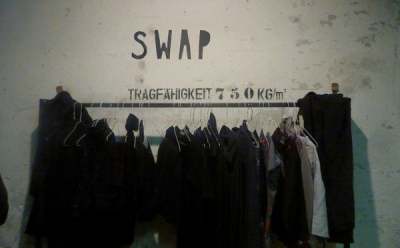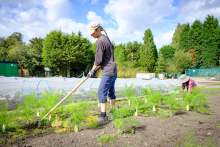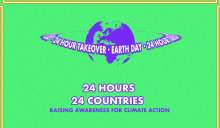Plastic has been found in the stomachs of 90% of seabirds across the globe. Sharp-edged plastic kills birds by punching holes in internal organs, and some seabirds eat so much plastic their stomachs fill up: this is often fatal. The problem is now so severe, traces of plastic have now been found in 83% of drinking water samples worldwide.
Currently in the UK we produce nearly 300 million tons of plastic every year, half of which comes from single-use items. But this is by no means an inevitability we have to accept as part of modern life.
Bioplastics and other plastic alternatives will further encourage the throwaway culture we live in. I believe that the solution lies in increasingly refusing single waste plastic, reducing the amount of plastic we already use in our day-to-day lives and reusing materials such as glass and wood that can be easily repurposed or recycled at the end of their much longer lifespan.
This is the story of my journey to a (single- use) plastic-free life.
It began at an inspiring talk by an environmentalist in a festival tent two and a half years ago, after which my partner and I vowed to begin the first steps to cutting out single-use plastic from our lives altogether.
Once I had "woken up" to plastic, I was shocked at how blind I had been. It had infiltrated our shopping lists, our supermarkets, right under our noses. We had been unconsciously consuming, without even questioning what would happen to all this plastic when it was thrown away.
Slowly we started to change our habits; only buying unpackaged, loose vegetables at the supermarket (and if we couldn't get them there, going a bit further to the greengrocers or the fruit and vegetable market); ensuring we packed our stainless steel water bottles and tote bags in our backpacks every morning.










